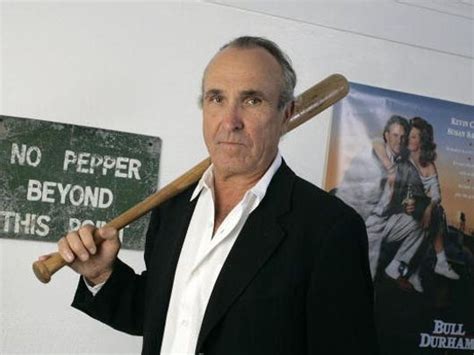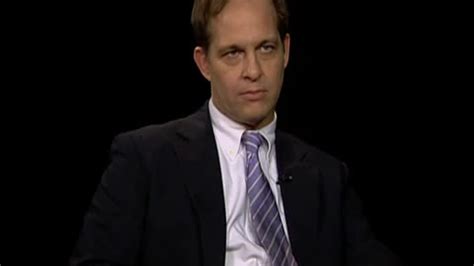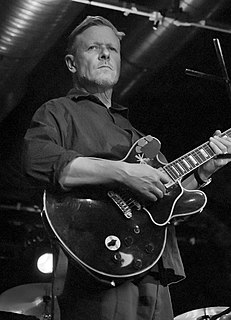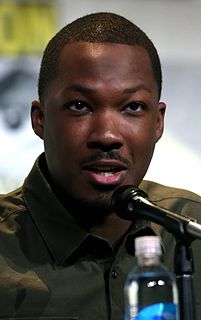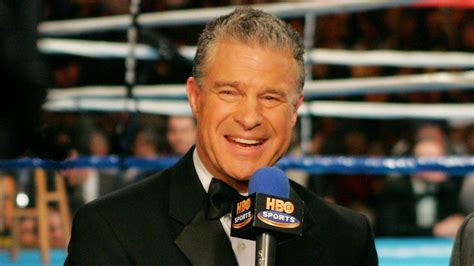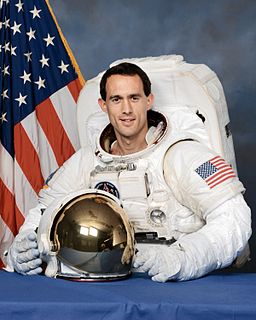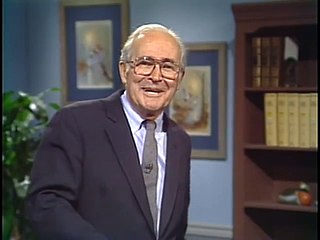A Quote by Ron Shelton
Larry Colton’s Ordinary Joes are just like us, yet they endure what we could never imagine, and are ennobled in ways they themselves might not claim. Intimate and epic, unblinking and even-handed, Colton’s engrossing story strips sentimentality and cliché from our notion of hero.
Related Quotes
I like loud electric guitars because I like how you can just lose your entire being in the sound. But I can't find myself in a situation where our band Swans is doing typical chord progressions - it just seems cliché to me. Even changing chords sounds like a cliché sometimes, though it happens occasionally in our music. But you find ways to push yourself into the sound through repetition. It doesn't stay the same. It morphs constantly.
Each of us is our own story, but none of us is only our own story. The arc of my own personal story is inexplicably and intrinsically linked to the story of my parents and the story of my neighbor and the story of the kid that I met one time. All of us are linked in ways that we don't always see. We are never simply ourselves.
Antithesis may be the blossom of wit, but it will never arrive at maturity unless sound sense be the trunk and truth the root. CHARLES CALEB COLTON, Lacon; Or, Many Things in a Few Words Light, whether it be material or moral, is the best reformer; for it prevents those disorders which other remedies sometimes cure, but sometimes confirm.
So when we call pain a problem, we claim we do not deserve it. We are even prepared to scuttle God to maintain our own innocence. We will say that God is not able to do what He would like, or He would never permit persons such as ourselves to suffer. That puffs up our egos and soothes our griefs at the same time. "How could God do this to me?" is at once an admission of pain and a soporific for it. It reduces our personal grief by eradicating the deity. Drastic medicine, indeed, that only a human ego, run wild, could possibly imagine.
Market bashers ... might understand the claim that in some particular field, markets required no intervention--though they'd be skeptical--but the notion that, on general principle, complex systems ran themselves just fine without benign intervention seemed like it could only be the product of a quasi-religious faith. ... Of course, this gets things almost precisely backwards. It is the idea that all order must be explained by a functioning mind at the helm, not its denial, that has the closet affinity to the religious instinct.
